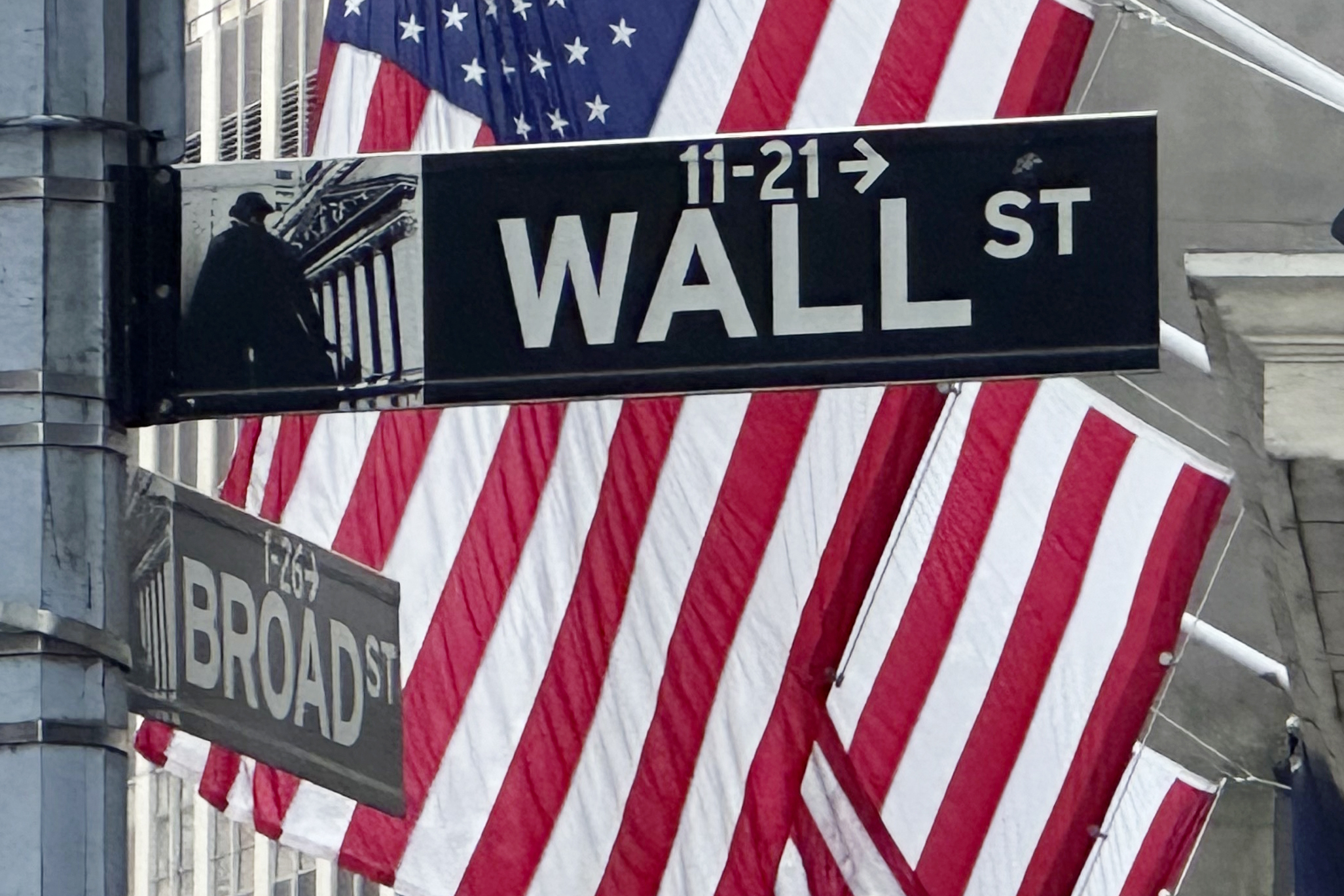Futures for the S&P 500 rose 0.3% before the bell, while futures for the Dow ticked up 0.1%.
A flurry of mixed results this week from big U.S. retailers effectively signals the end of earnings season, though a smattering of companies are still posting results.
Deckers Outdoor, the owner of Ugg boots and Teva sandals, jumped 10.5% in early trading Friday after it blew past Wall Street's profit targets. Sales grew across its brands, most notably its Hoka sandals, which saw 34% revenue growth in the period.
Discount retailer Ross Stores climbed 6.9% before the bell after it reported stronger profit and sales than analysts expected.
Stocks broadly began pulling back from record highs earlier in the week on concerns that a strong U.S. economy will prevent the Federal Reserve from cutting interest rates any time soon.
One report suggested growth in U.S. business activity is running at its fastest rate in more than two years, while another showed that fewer workers applied for unemployment benefits last week than economists expected, an indication that layoffs remain low.
The Fed is trying to pull off the difficult feat of slowing the economy enough through high rates to get inflation back to 2%, but not so much that it forces a painful recession. It's been holding its main interest rate at the highest level in more than two decades to do so, and Wall Street is itching for some easing.
More important inflation data comes late next week in the form of the government's consumer spending report, which includes a measure of inflation of particular interest to the Fed and its policymakers.
Elsewhere, at midday in Europe, Germany's DAX and the FTSE in London each lost 0.4%, while the CAC 40 in Paris gave up 0.3%.
Japan's Nikkei 225 index lost 1.2% to 38,646.11 after the government reported that core inflation excluding volatile food and energy prices was at 2.2% in April, lower than forecast. Analysts said that suggested less pressure on the Bank of Japan to raise interest rates.
"In fact, in seasonally-adjusted terms, consumer prices excluding fresh food and energy have now held steady for two consecutive months. That means that it won't take long before inflation excluding fresh food and energy falls below the Bank of Japan's 2% target," Marcel Thieliant of Capital Economics said in a commentary.
He said the central bank was unlikely to be able to raise its key rate, much more after it hiked it to a range of zero to 0.1% from minus 0.1% in March.
In Hong Kong, the Hang Seng fell 1.5% to 18,590.33, while the Shanghai Composite index dropped 0.9% to 3,088.87.
A rally in property shares after the announcement of new measures to support the ailing industry has proven short-lived as market players question whether it will be enough to end a prolonged crisis in the housing sector.
Shares in China Vanke, a major developer, dropped 6%, as did Hong Kong-traded shares in Shimao Group Holdings, another big property company. Agile Group Holdings sank 8%.
South Korea's Kospi declined 1.3% to 2,687.60, while in Australia, the S&P/ASX 200 shed 1.1% to 7,727.60.
Taiwan's Taiex slipped 0.2% after hitting a record high on Thursday.
In other trading early Friday, U.S. benchmark crude oil slipped 14 cents to $76.73 per barrel in electronic trading on the New York Mercantile Exchange. It gained 30 cents on Thursday.
Brent crude, the international standard, fell 18 cents to $81.18 per barrel.
The U.S. dollar rose to 157.08 Japanese yen from 156.96. The euro climbed to $1.0844 from $1.0817.
On Thursday, the S&P 500 fell 0.7% in its sharpest drop since April. The Dow Jones Industrial Average retreated 1.5% and the Nasdaq composite slipped 0.4%.
